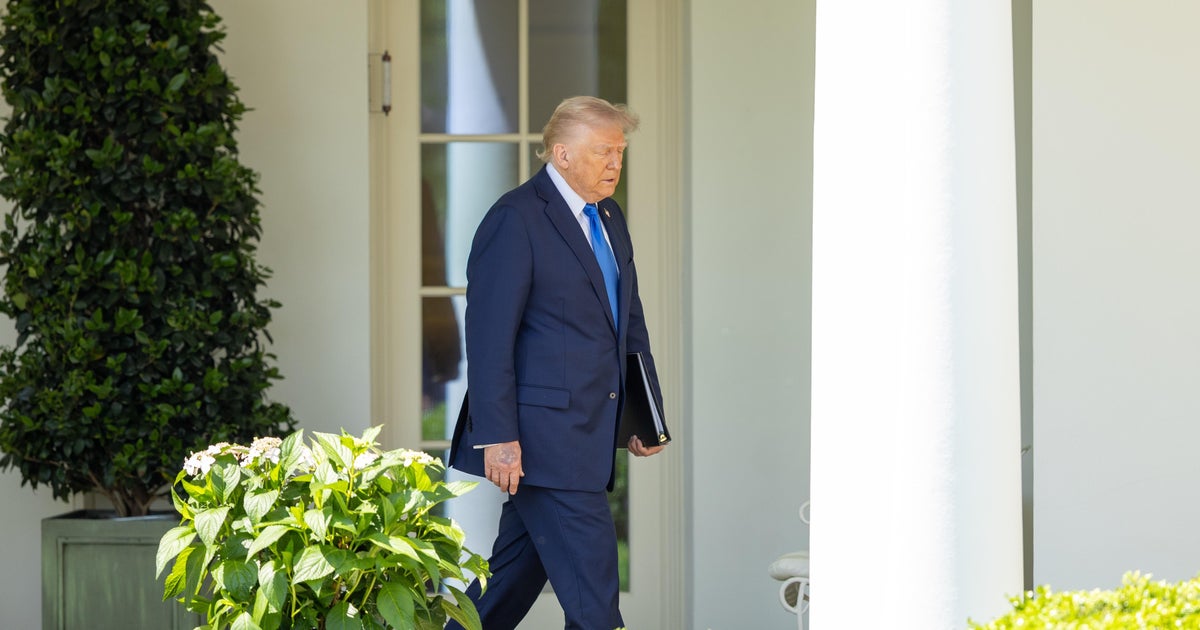Trump on Due Process: "I Don't Know" – A Troubling Admission
Former President Donald Trump's recent comments on due process have sparked significant controversy and raised serious questions about his understanding of fundamental legal principles. In a widely circulated interview, when questioned about the concept of due process, Trump's response was a simple, yet alarming, "I don't know." This seemingly offhand remark has ignited a firestorm of debate, prompting analysis from legal experts and political commentators alike.
The Significance of Due Process
Due process of law, enshrined in the Fifth and Fourteenth Amendments of the US Constitution, is a cornerstone of American jurisprudence. It guarantees fundamental fairness and protects individuals from arbitrary government action. This principle ensures that individuals are afforded certain rights before being deprived of life, liberty, or property. These rights include:
- Notice: Individuals must be informed of the charges or accusations against them.
- Opportunity to be Heard: Individuals must have a chance to present their side of the story and defend themselves.
- Impartial Tribunal: Decisions must be made by a neutral and unbiased judge or jury.
- Right to Counsel: Individuals have the right to legal representation.
Trump's admission of ignorance regarding such a fundamental legal concept is deeply troubling, particularly given his past actions and statements.
Context and Implications
Trump's statement arrives amidst several ongoing legal battles he faces, including investigations into his handling of classified documents and his role in the January 6th Capitol riot. His lack of apparent understanding of due process raises concerns about his respect for the rule of law and the potential implications for these ongoing investigations. Critics argue that this lack of understanding could translate into a disregard for legal procedures and a potential obstruction of justice.
Furthermore, the statement carries significant political implications. Trump's influence within the Republican party remains substantial, and his nonchalant attitude towards due process could embolden others to undermine the judicial system. This could erode public trust in the fairness and impartiality of legal proceedings.
Reactions and Analysis
Legal experts have expressed serious concerns about Trump's statement. Many have highlighted the gravity of his admission, pointing out the crucial role due process plays in protecting individual rights and maintaining a just society. The response from political commentators has been equally sharp, with many criticizing Trump's apparent disregard for fundamental legal principles. The incident has reignited debates surrounding the former president's fitness for office and his respect for democratic norms.
Looking Ahead
Trump's "I don't know" response regarding due process will undoubtedly continue to be scrutinized. Its impact on ongoing legal proceedings and its broader implications for the political landscape remain to be seen. This incident serves as a stark reminder of the importance of understanding and upholding fundamental legal principles, not only for those in positions of power but for all citizens. The ongoing discussion surrounding this issue underscores the need for a robust and informed citizenry to safeguard the principles of justice and fairness.
Keywords: Trump, Due Process, Fifth Amendment, Fourteenth Amendment, Rule of Law, Legal Principles, January 6th, Classified Documents, Legal Battles, Political Implications, Judicial System, American Jurisprudence, Constitutional Law.

